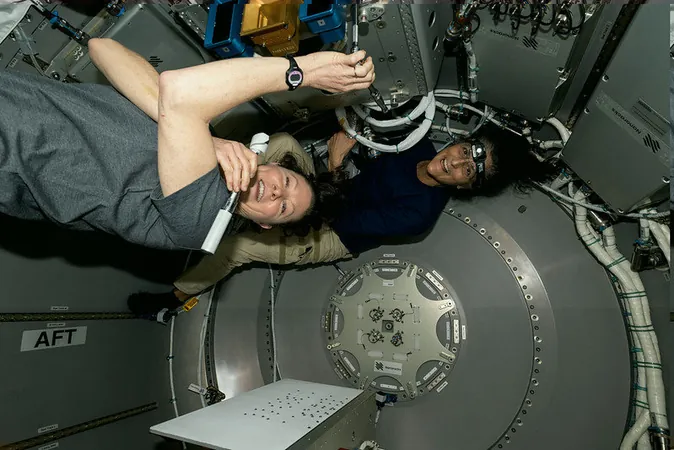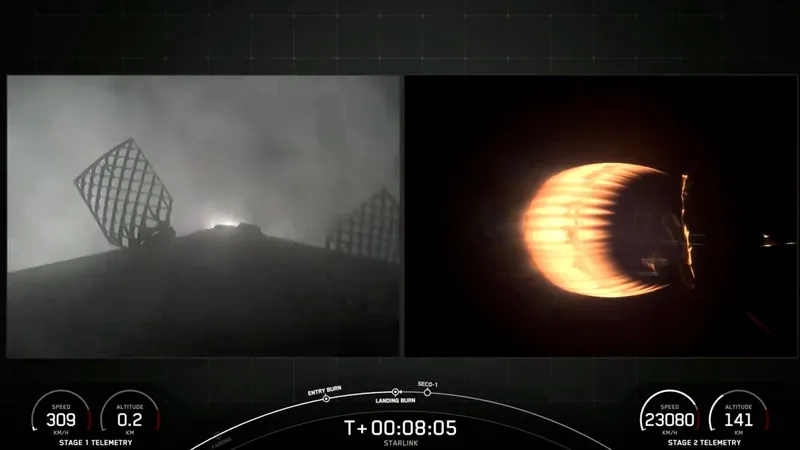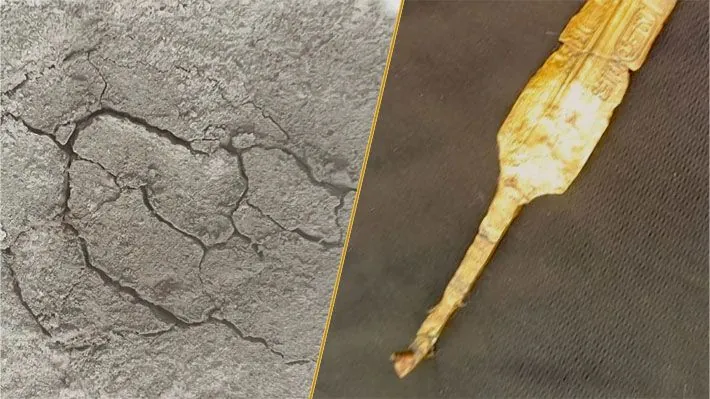
Revolutionary Rocket Technology: Is Deep Space Finally Within Our Reach?
2024-09-27
In a groundbreaking development, scientists are unveiling a new rocket thruster that could revolutionize deep space exploration. Researchers at the University of Southampton claim that their innovative propulsion system may allow spacecraft to use virtually any type of metal as fuel, enabling expeditions farther into the cosmos than ever thought possible.
According to the team, this thruster could utilize metals found on asteroids and moons, suggesting that future missions could mine these celestial bodies for fuel, granting humanity unprecedented access to the universe. "Deep space exploration might no longer be confined to sci-fi fantasies," said a university spokesperson, highlighting the potential impact of their research.
Astro-engineers from the University of Southampton are currently testing this extraordinary propulsion system, which they call the Super Magdrive. This technology could allow spacecraft to maintain fuel reserves indefinitely by harvesting minerals from space. Dr. Minkwan Kim, the lead scientist on the project, shared that traditional spacecraft are limited by the high costs and significant energy required for launches, typically relying on rare gas fuels like xenon or krypton.
However, the new thrusters can be powered by any burning metal, including more readily available options like iron, aluminum, or copper. This means that a spacecraft could land on a comet or moon, collect the necessary minerals, and then refill its fuel tanks before embarking on further missions.
"Imagine a future where we have the ability to journey to distant planets, search for extraterrestrial life, and explore the furthest reaches of our galaxy. That dream could soon be a reality with the Super Magdrive," Dr. Kim stated enthusiastically.
In collaboration with British space firm Magdrive, the Southampton team has secured a £1 million investment from the UK Government to further develop this ambitious propulsion system. As the project advances, scientists believe we are on the brink of a new era in space exploration, one that could unlock secrets of the universe and perhaps even lead to the discovery of life beyond Earth.
Do we stand at the threshold of interstellar travel? The potential of this technology raises exciting possibilities for humanity’s future among the stars.





 Brasil (PT)
Brasil (PT)
 Canada (EN)
Canada (EN)
 Chile (ES)
Chile (ES)
 España (ES)
España (ES)
 France (FR)
France (FR)
 Hong Kong (EN)
Hong Kong (EN)
 Italia (IT)
Italia (IT)
 日本 (JA)
日本 (JA)
 Magyarország (HU)
Magyarország (HU)
 Norge (NO)
Norge (NO)
 Polska (PL)
Polska (PL)
 Schweiz (DE)
Schweiz (DE)
 Singapore (EN)
Singapore (EN)
 Sverige (SV)
Sverige (SV)
 Suomi (FI)
Suomi (FI)
 Türkiye (TR)
Türkiye (TR)